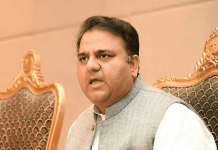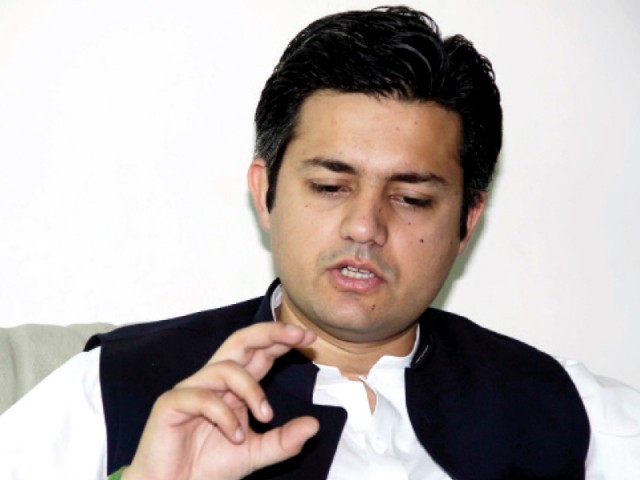Twenty-four demonstrators were arrested after several people, including a police constable, were injured on Tuesday following a clash during a protest against power outages in Khyber Pakhtunkhwa’s Nowshera district.
A case was lodged by Station House Officer Aqib Khan at the Azakhel Police Station under Sections 148 (rioting, armed with deadly weapon), 149 (every member of unlawful assembly guilty of offence committed in prosecution of common object), 324 (attempted murder), 341 (punishment for wrongful restraint), 353 (assault or criminal force to deter public servant from discharge of his duty) and 427 (mischief causing damage to the amount of fifty rupees) of the Pakistan Penal Code.
The first information report (FIR) said that residents of Pirpai were protesting on the main Grand Trunk (GT) Road against excessive power outages.
“Police reached the scene upon hearing that the people had closed the road from both sides to protest against loadshedding,” the FIR reads.
It said that the protesters were led by the area’s local government representatives.
“Authorities held negotiations to open the road so that regular people would not face difficulty,” the FIR said, adding that the protesters did not disperse and began pelting stones and open firing at the police.
The firing resulted in injuring one police constable, it added.
The FIR named 24 protesters who were arrested, adding, “The remaining people, responsible for damaging public property and vehicles, managed to flee from the scene.”
A local activist present at the scene, Yasin Shah, told the media that several protesters were injured from police violence during the clash, adding, “They were just peacefully protesting for their rights and demanding a decrease in power outages.”
In June, protests against prolonged power outages erupted in different localities of KP, including Peshawar, Charsadda, Pejagi, Haji Camp and Sethi Town.
Last month, KP’s Special Assistant on Energy Tariq Sadozai urged the federal government to continue the collection of electricity duty through power bills on behalf of the province.
Sadozai said that in some instances, the government could not get electricity from cheap plants due to transmission constraints and was forced to purchase it from expensive ones. He said that the government should pay heed to addressing those issues to reduce power bills instead of violating the Constitution and bypassing the mandate of the Council of Common Interests.









.jpg)
